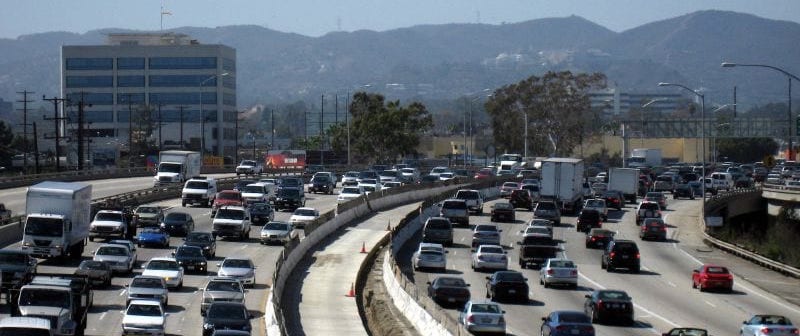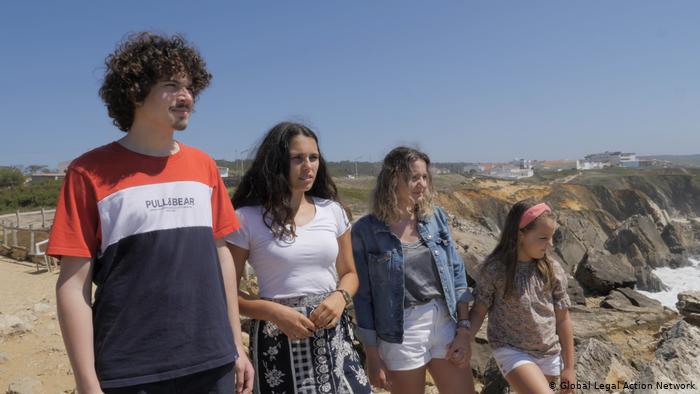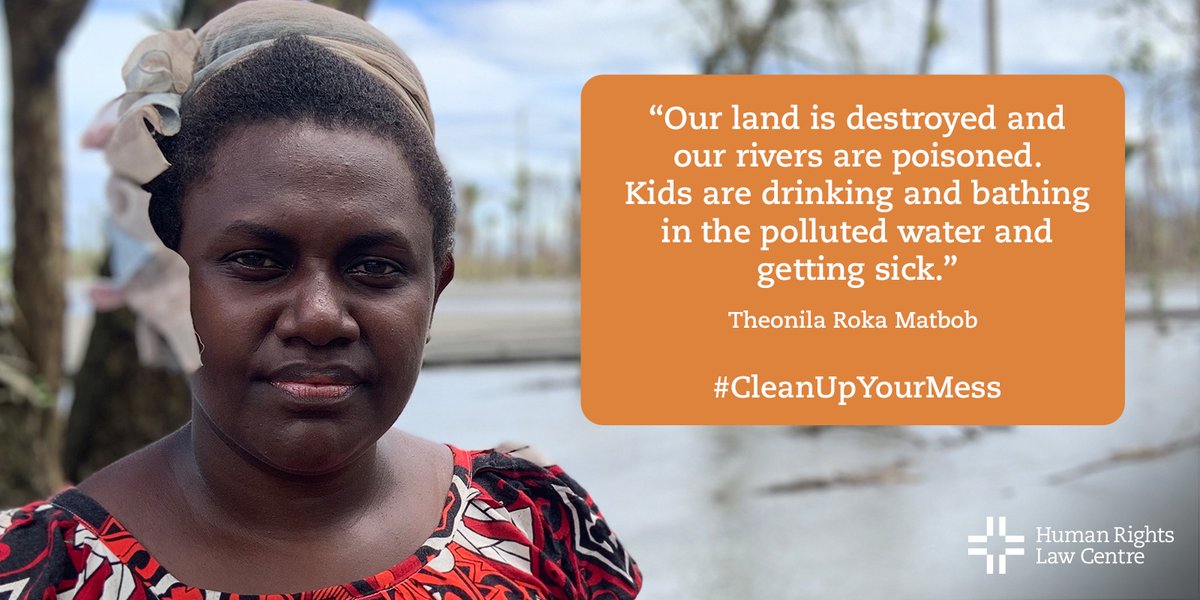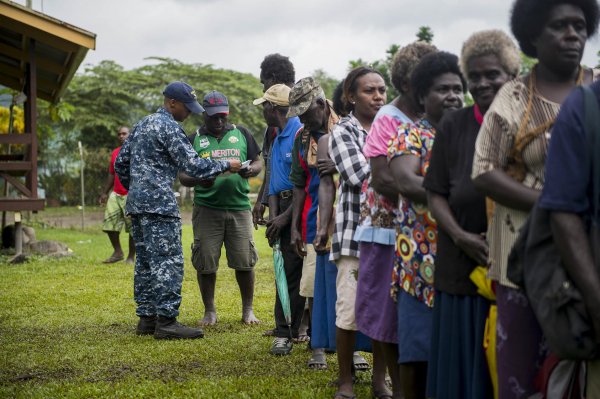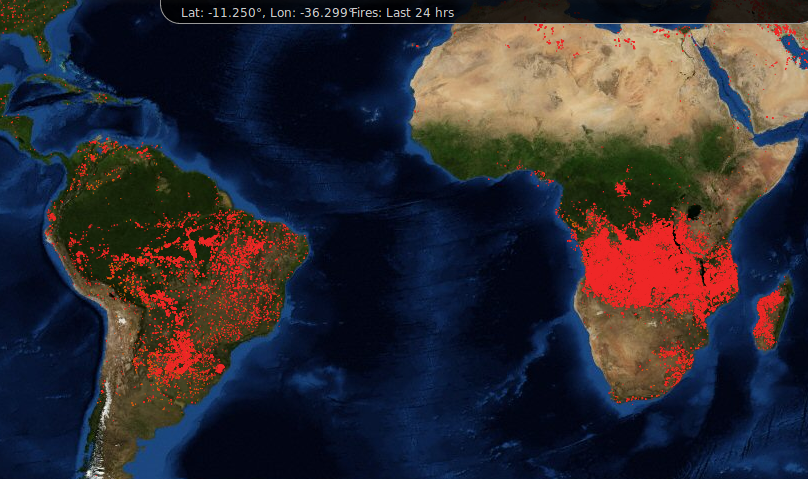
Global petro-resistance greets 2021
As the year comes to a close, Native American activists and their allies in Minnesota are launching a weekly protest vigil against the planned Line 3 pipeline, that would bring more Canadian shale-oil to US markets. The self-proclaimed “water protectors” pledge to continue the campaign into the winter. The Conservation Council of Western Australia meanwhile launched legal challenge against approval of the new Burrup Hub liquified natural gas facility, asserting that it is the “most polluting fossil fuel project ever to be proposed in Australia,” and “undermines global efforts [to mitigate climate change] under the Paris Agreement.” While Denmark has pledged to end North Sea oil exploitation by 2050 as a step toward meeting the Paris accord goals, other Scandinavian governments remain intransigent. The Supreme Court of Norway has upheld a judgment allowing the government to grant oil licenses in new sections of the country’s continental shelf. The decision was challenged by environmental groups including Nature & Youth Norway, who claimed that it violates the European Convention on Human Rights. (Photo: Stop Line 3)




